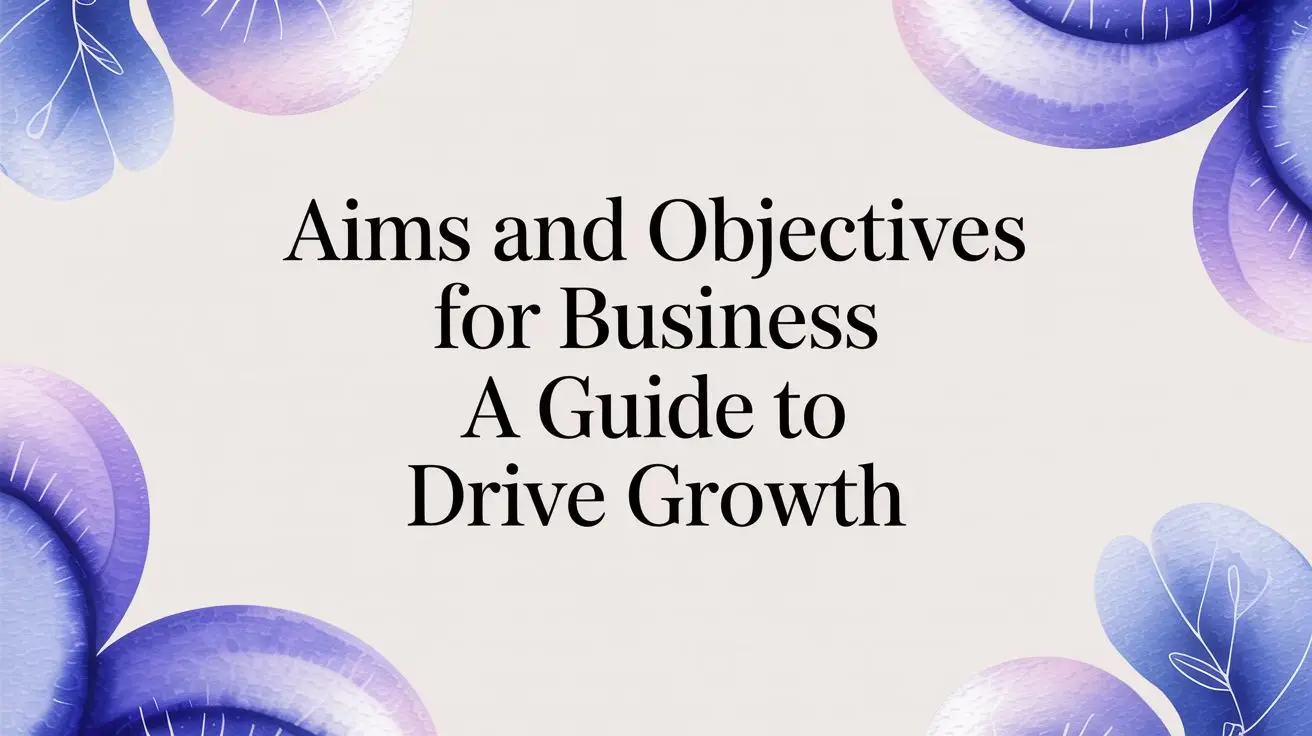When delivery must reflect strategy, PMOs lead the way
OKRs help Strategic PMOs drive alignment, prioritisation, and outcome-focused governance across the portfolio.
When strategy is set but execution feels fragmented
PMOs are under increasing pressure to go beyond tracking projects they’re expected to help the organisation deliver on strategy. But without a consistent way to prioritise, measure, and focus effort, delivery becomes reactive and disconnected. The OKR Hub supports Strategic PMOs to roll out OKRs at scale, connect strategy to execution, and create visibility from board to team level.
- You’re expected to show how portfolio delivery supports strategic goals
- There’s no consistent framework to align initiatives and OKRs
- Reporting focuses on activity, not impact
- You need a partner to support OKR rollout with training, tooling, and governance advice
How we help Strategic PMOs connect strategy to delivery
As a Strategic PMO, you’re responsible for ensuring that initiatives align with the business’s strategic goals and that progress is clear, consistent, and measurable. Our OKR Focus Flow helps you embed OKRs as a lightweight but powerful framework for turning intent into execution.
It’s not just about visibility it’s about enabling prioritisation, governance, and alignment at every level of the portfolio.
- Diagnose: Surface misalignment, duplicated effort, and unclear priorities across programmes
- Design: Define OKRs that clearly connect strategic goals to delivery roadmaps and funding decisions
- Deploy: Launch OKRs across functions with the right governance and cadence to support autonomy
- Drive: Use OKRs to structure reviews, track progress, and enable responsive decision-making
- Deepen: Build internal capability to make OKRs part of how strategy is delivered, not just documented
Move from status reporting to strategic conversations
OKRs shift the focus from task-level updates to value-based progress making reviews more useful, not just routine.
Bridge the gap between planning and execution
OKRs provide the connective tissue between strategic planning, budgeting, and delivery enabling smarter prioritisation.
Enable governance without bureaucracy
Use OKRs to align delivery with outcomes while giving teams the autonomy to move at speed.
Create a portfolio view grounded in outcomes
OKRs give you a scalable way to assess whether initiatives are delivering on what matters not just ticking off milestones.
Want to see how OKRs could work for you?
Download our free OKR Launch Guide for Enterprise Leaders a practical workbook with tips, examples, and pitfalls to avoid when introducing OKRs in a Corporate environment.
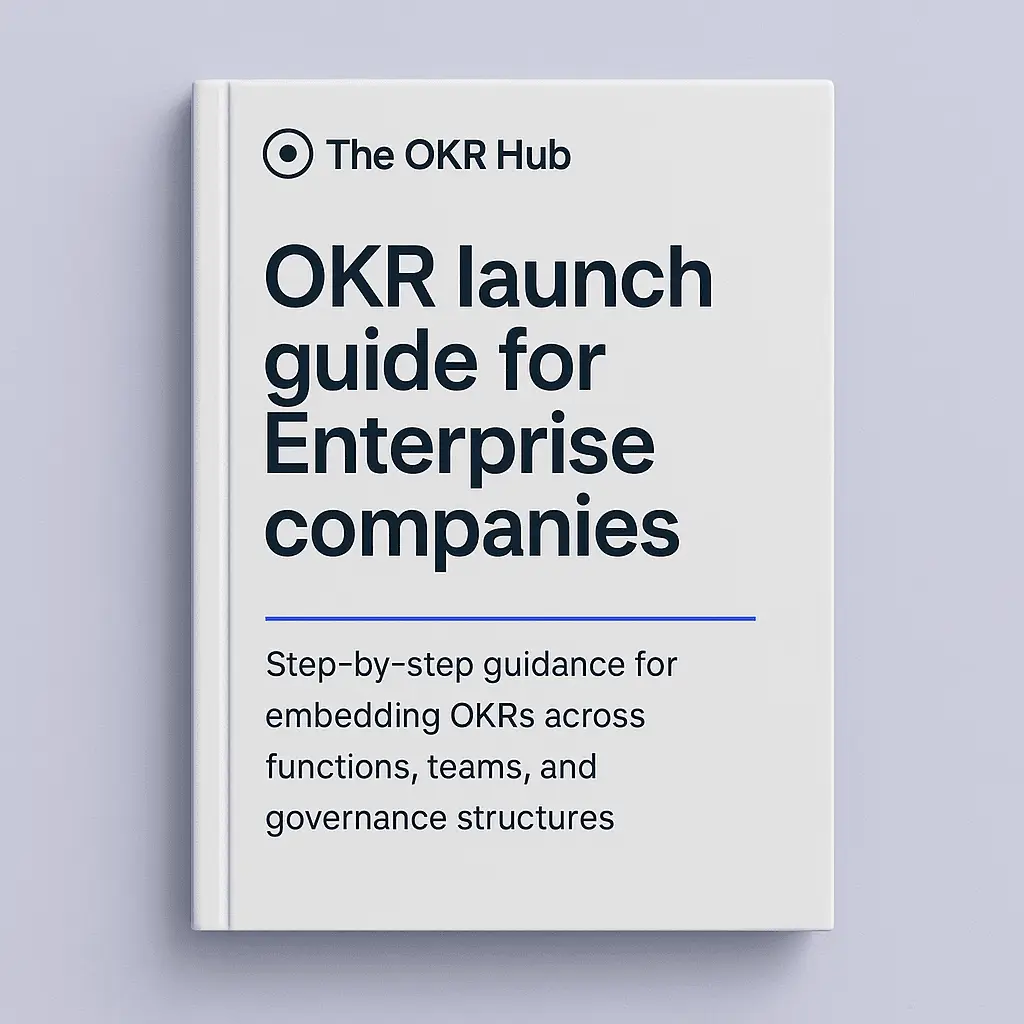
Most OKRs fail, not because of the framework, but because they’re not done well.
OKRs promise clarity, alignment, and focus, but too often, they become empty rituals. Without the right setup, support, and internal capability, teams struggle to gain traction. That’s why more than half of all OKR rollouts fail.
Explore our expert resources to avoid the pitfalls and unlock OKRs that actually deliver.
OKR Failure Rates
More than 60% of organisations struggle with setting effective OKRs, leading to failure in adoption.
(OKR Benchmark Report 2023)

DIY OKRs fall short
Only 1 in 5 organisations succeed with OKRs without external support, training, or coaching.
(WorkBoard)
Expert Guidance
Enterprises that invest in professional OKR training see a 25% improvement in alignment and goal tracking.
(Gartner)

How We Deliver High-Impact OKR Training
Our training isn’t about lectures and slides it’s about real learning that sticks.
Using the 4C’s model (Connection, Concept, Concrete Practice, Conclusion), we create high-energy, hands-on sessions where participants learn by doing, sharing, and applying.
Experiential Training, Not Just Theory
We create interactive learning environments where people connect with the material and each other. From day one, participants are engaged in group activities, OKR writing, and scenario-based practice that’s directly relevant to their work.

Connection
We start by linking OKRs to each participant’s role and reality building immediate relevance and shared understanding.
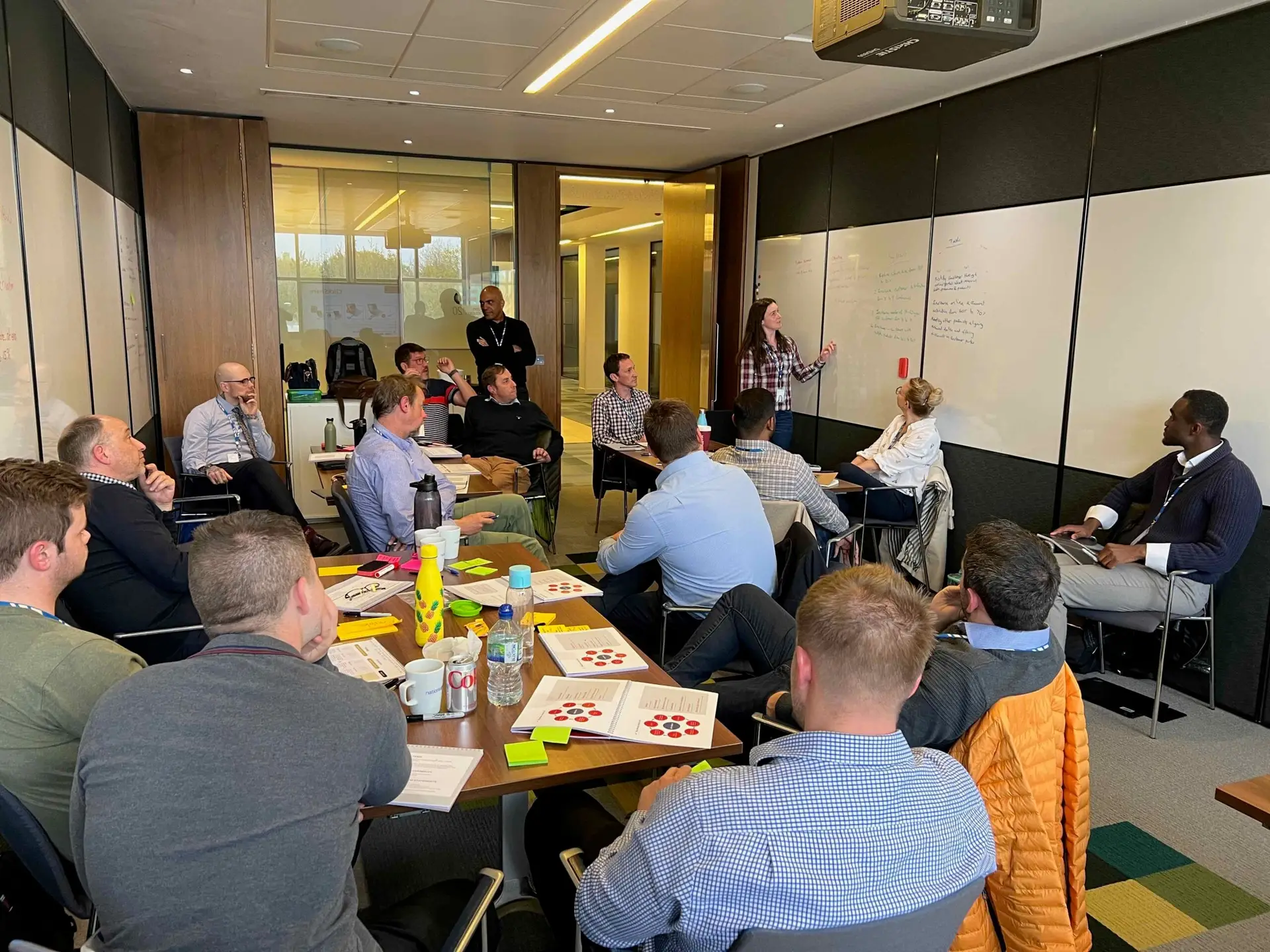
Concept
Next, we introduce the core OKR principles through simple models, memorable metaphors, and real-world examples.
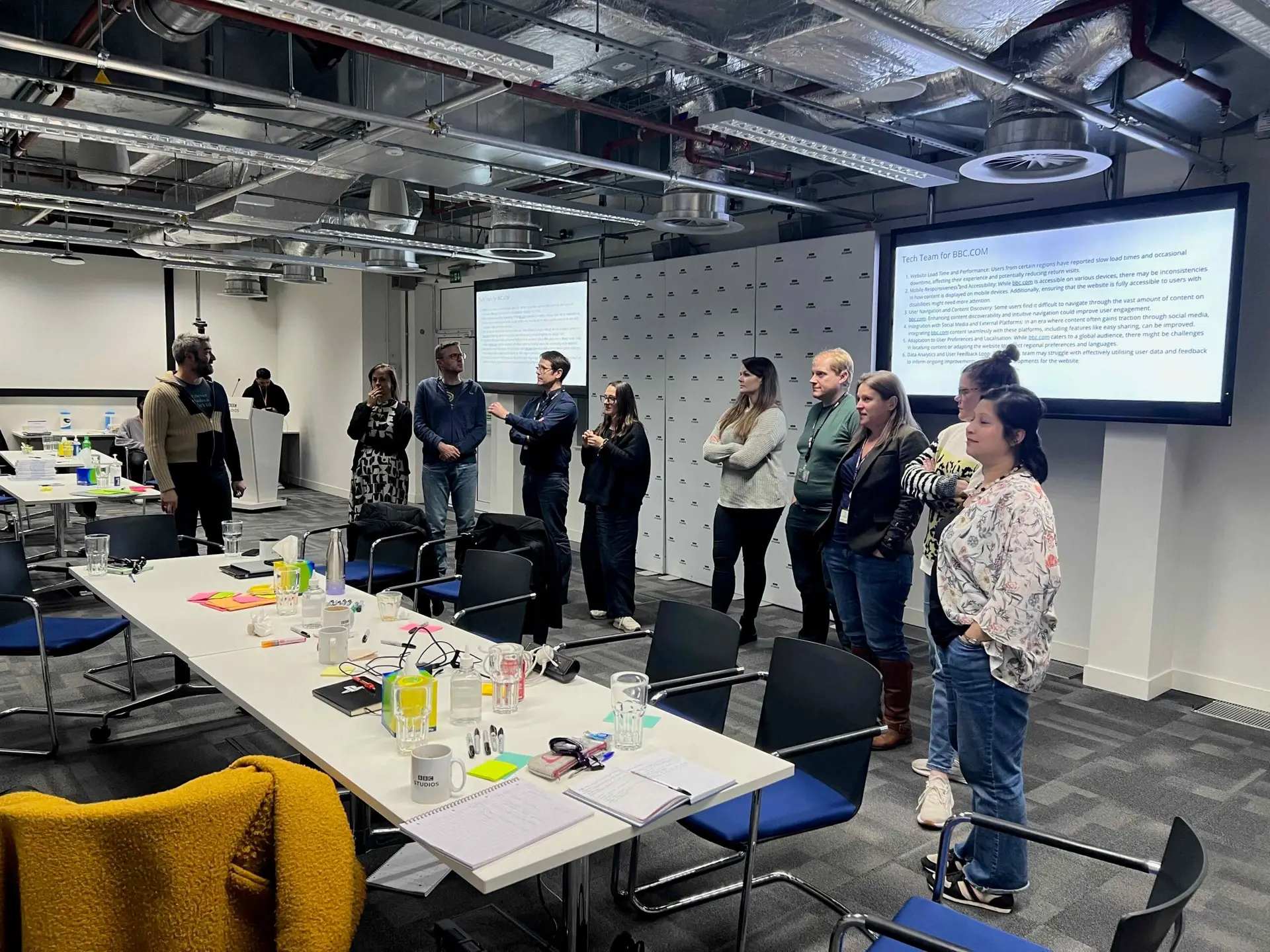
Concrete Practice
Participants immediately put their learning into action by writing, reviewing, and improving OKRs in small groups.
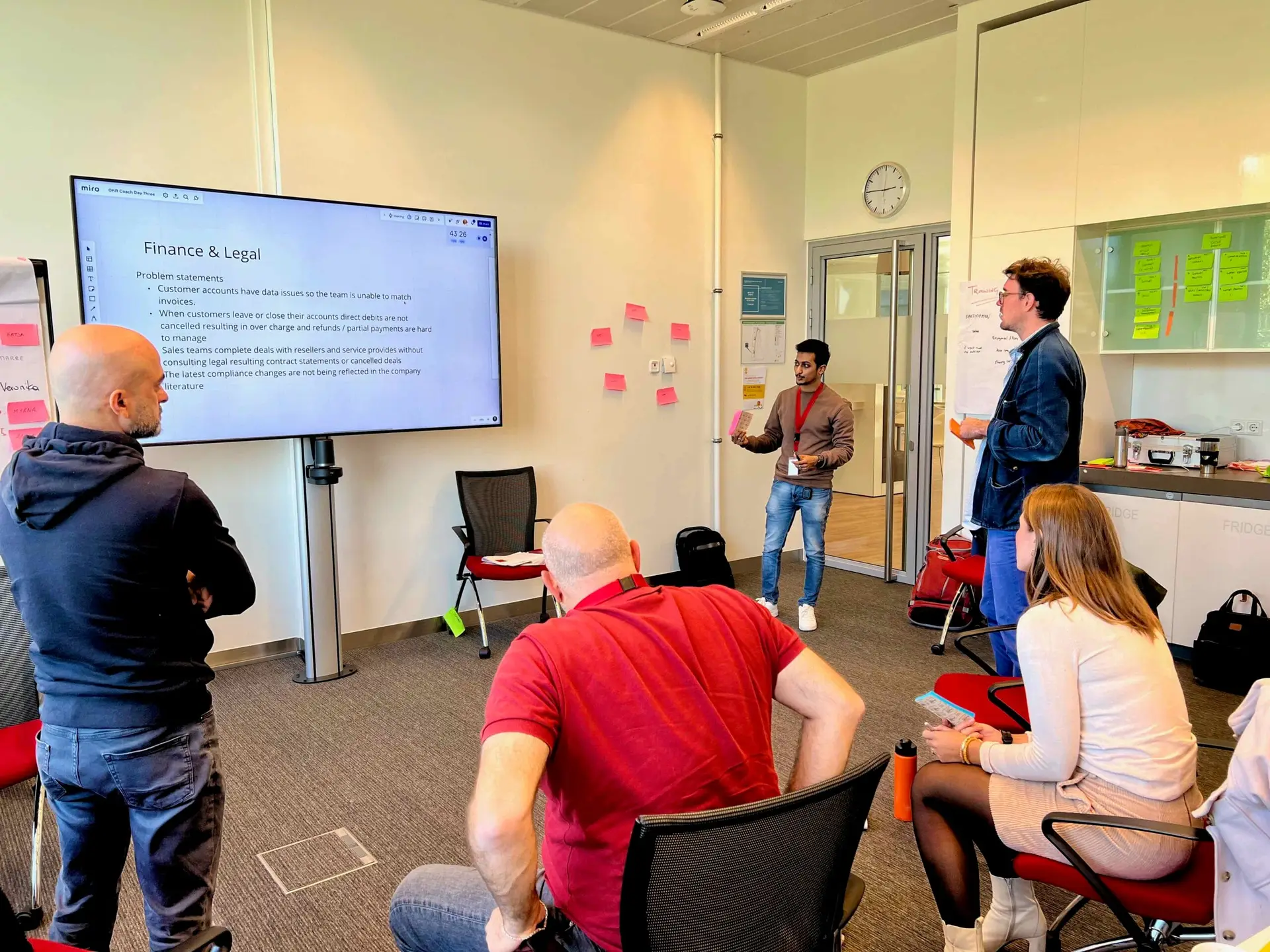
Conclusion
Each session ends with reflection, practical takeaways, and clear next steps in preparation for real-world application.
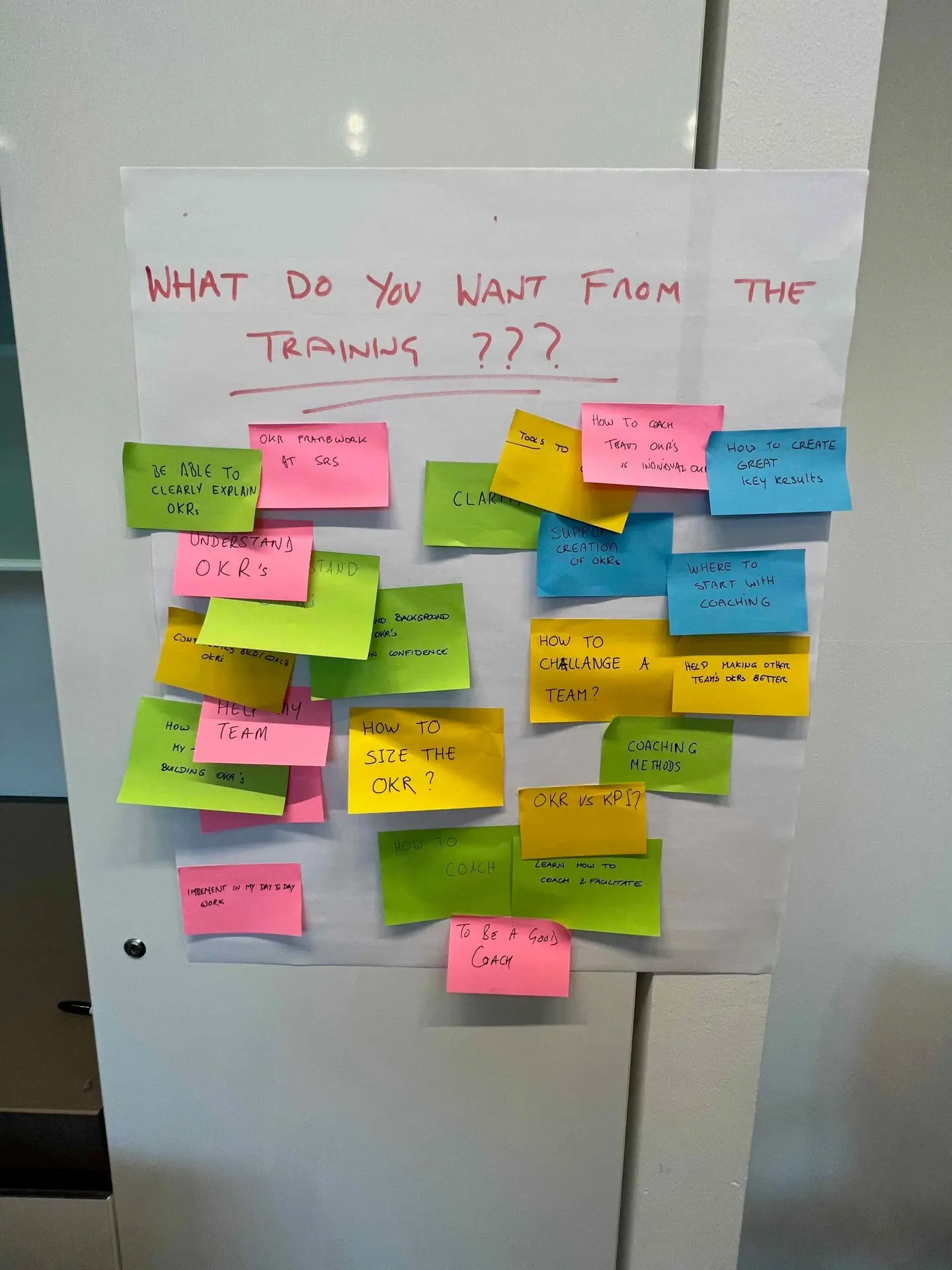
Common OKR challenges we can address
Navigating OKR implementation can be complex.
Here are the common challenges we work with our clients to solve.
Vague or Task-Based OKRs
Problem: Teams often create OKRs that resemble task lists rather than focusing on impactful outcomes.
Solution: We teach patterns and techniques to help teams consistently craft outcome-oriented OKRs.
Unclear Ownership and Accountability
Problem: Ambiguity in OKR ownership can result in lack of accountability and follow-through.
Solution: We teach Teams how to create and define clear ownership structures, ensuring each OKR has an accountable individual or teams.
Inconsistent Quality Across Teams
Problem: Variability in OKR quality between teams can hinder organisational cohesion and performance.
Solution: Training everyone to a standard approach ensures consistency and shared understanding.
Setting and Forgetting OKRs
Problem: Establishing OKRs without regular review can lead to stagnation and missed opportunities for adjustment.
Solution: We’ll share an OKR execution process, including events and agendas that enables teams to undertake regular check-ins and reviews to keep OKRs dynamic and responsive to change.
Confusion Between OKRs and KPIs
Problem: Misunderstanding the distinction between OKRs and KPIs can blur performance tracking and goal setting.
Solution: We clarify the roles of OKRs and KPIs, ensuring each is used appropriately to measure success.
Absence of Regular OKR Cadence
Problem: Without a structured cadence, OKR processes can become disjointed and ineffective.
Solution: We help teams to understand what a consistent OKR cycle is, including planning, review, and retrospective phases.
Dependence on External Facilitation
Problem: Relying solely on external consultants for OKR processes can be unsustainable.
Solution: We empower your internal teams with the knowledge and tools to manage OKRs independently.
Lack of Confidence in OKR Creation
Problem: Teams may feel uncertain about formulating effective OKRs due to lack of experience or knowledge.
Solution: We use the 4C’s approach to improve learning and provide scenario based learning opportunities.
Confusion Around OKR Tools & Systems
Problem: Teams invest in OKR platforms without the knowledge to use them effectively leading to underuse, frustration, or misalignment between the tool and how teams actually work.
Solution: We provide tool-agnostic guidance and training on popular OKR systems helping you choose the right platform, set it up correctly, and train your teams to get real value from it.
Lack of Post-Training Support
Problem: Many organisations complete OKR training but struggle to embed the practice without continued guidance. Teams are left asking, “What now?”
Solution: We provide hands-on post-training support, including OKR coaching, feedback sessions, and rollout planning.
Still have questions?
Still unsure about the right OKR training for you? Get in touch, and we’ll guide you in the right direction.
Latest Insights & Articles
Fresh Thinking to Elevate Your OKR Game
Let's have a chat
What to speak with an OKR Hub expert?
Book a free consultation today.


